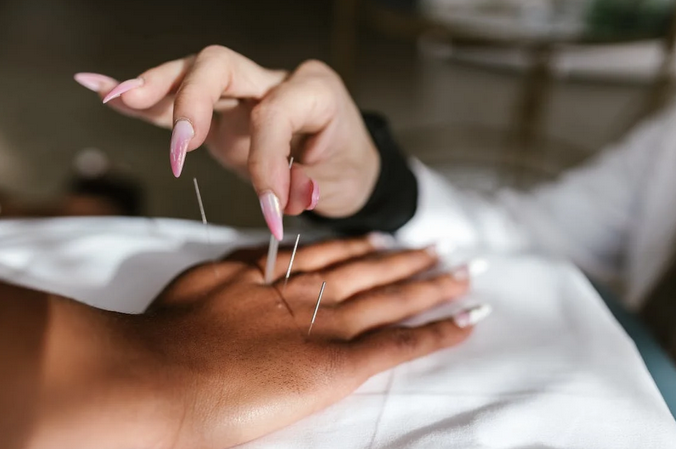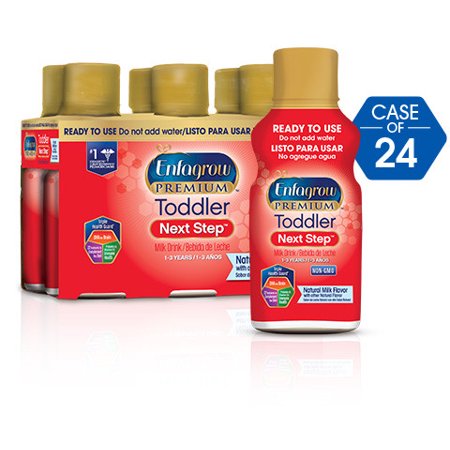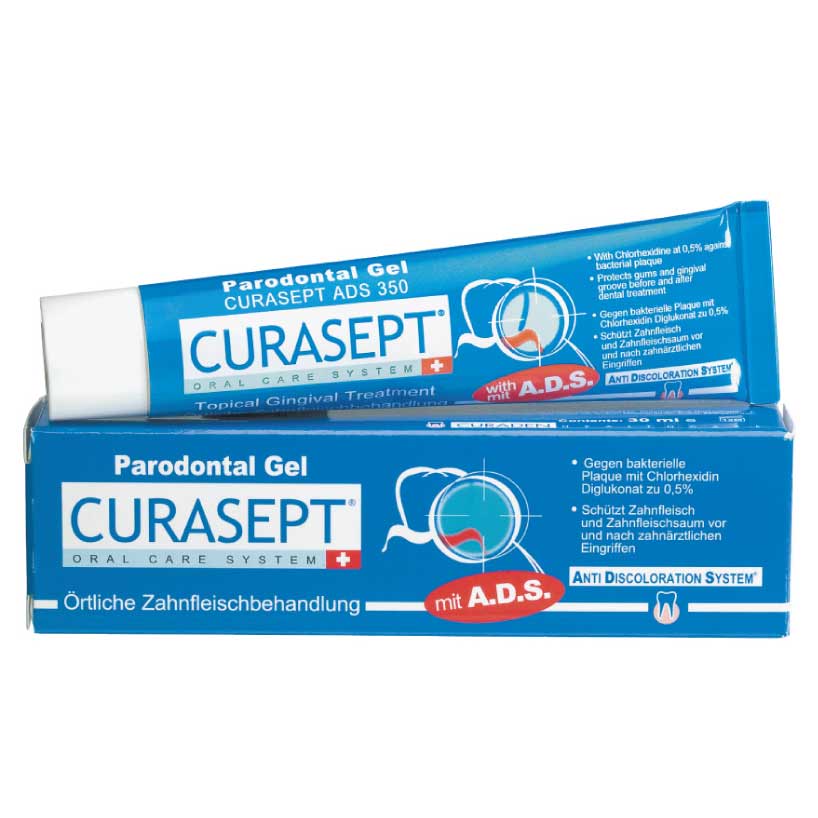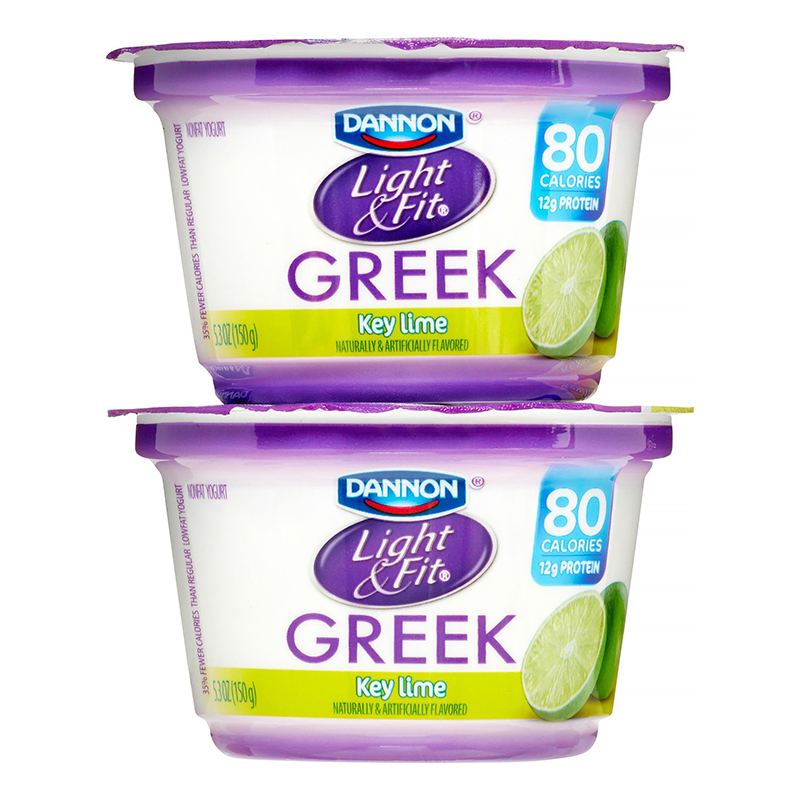Opiate addiction is a complex and challenging condition that affects countless individuals worldwide. While traditional treatment methods like medication-assisted therapy and counseling have proven effective, there is growing interest in holistic healing approaches that address the mind, body, and spirit. In this guide, we will explore four unconventional approaches to opiate addiction treatment that contribute to holistic healing. By incorporating these methods into comprehensive recovery plans, individuals may find additional support on their journey to breaking free from addiction.
Mindfulness and Meditation
Mindfulness and meditation practices have gained significant popularity and recognition in recent years for their potential benefits in addiction recovery. By training the mind to focus on the present moment and cultivating self-awareness, individuals can develop better-coping strategies and reduce cravings. Mindfulness-based stress reduction (MBSR) programs and meditation techniques, such as loving-kindness meditation, have shown promise in reducing substance use and improving overall well-being among those with opiate addiction.
Acupuncture and Acupressure
Traditional Chinese medicine offers alternative approaches to treating opiate addiction through acupuncture and acupressure. These techniques involve stimulating specific points in the body to restore balance and promote healing. Research suggests that acupuncture may help reduce withdrawal symptoms, cravings, and anxiety associated with opiate addiction. Additionally, acupressure techniques, such as ear seeding, can provide ongoing relief and support as individuals progress through their recovery journey.

Exercise and Physical Activity
Regular exercise and physical activity can greatly benefit individuals struggling with opiate addiction. Exercise promotes the release of endorphins, natural pain-relieving chemicals in the brain, which can help mitigate withdrawal symptoms and improve mood. Engaging in activities such as yoga, swimming, or hiking not only aids in physical well-being but also provides a constructive outlet for stress and anxiety. Moreover, exercise can foster a sense of discipline, self-care, and empowerment for individuals in recovery.
Nutritional Support
A holistic approach to opiate addiction treatment includes addressing nutritional deficiencies often accompanying substance abuse. Drugs can deplete essential nutrients, leading to imbalances and compromised overall health. A balanced diet rich in fruits, vegetables, whole grains, and lean proteins can help restore vital nutrients. Additionally, nutritional supplements, such as omega-3 fatty acids and vitamins B and C, may aid in repairing cellular damage caused by substance abuse and support mental and physical well-being during recovery.
While traditional treatment methods have proven effective in combating opiate addiction, exploring unconventional approaches can provide additional support and enhance overall outcomes. Mindfulness and meditation help individuals cultivate self-awareness and develop better-coping strategies, while acupuncture and acupressure techniques offer alternative pathways to alleviate withdrawal symptoms and cravings.



